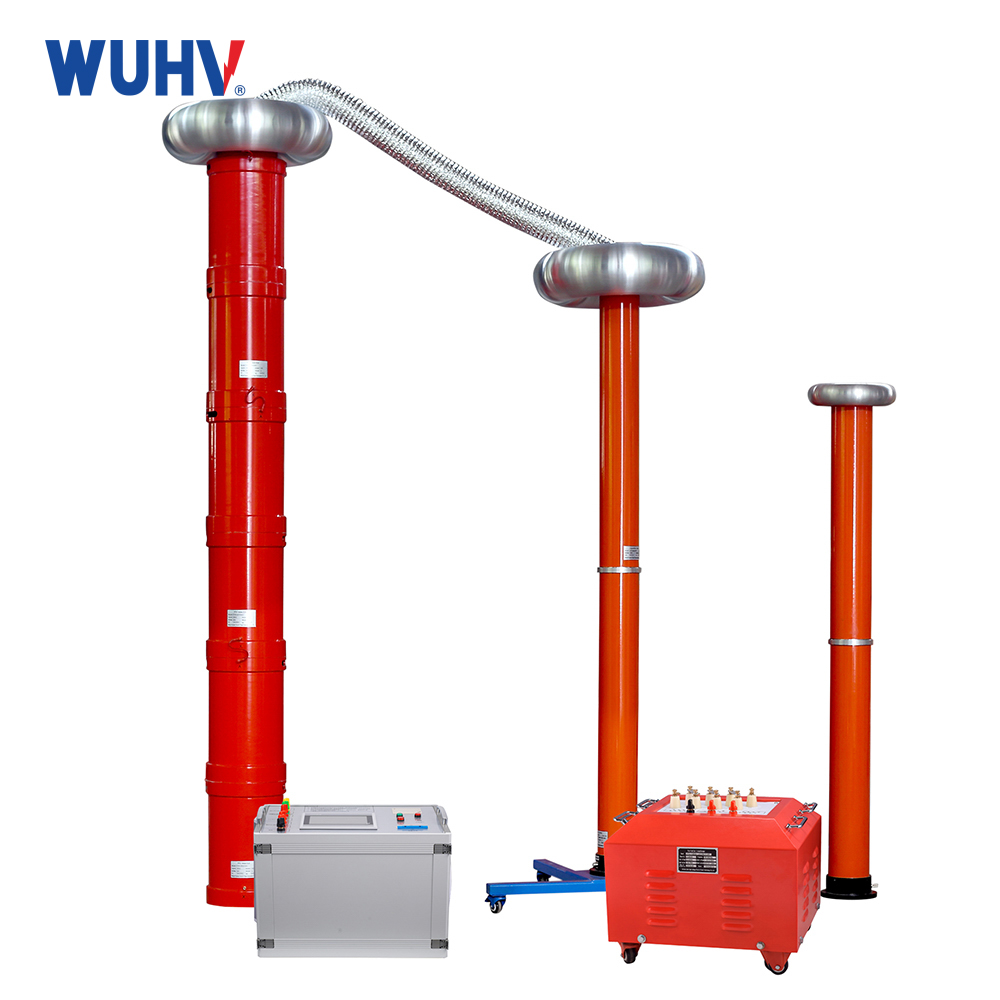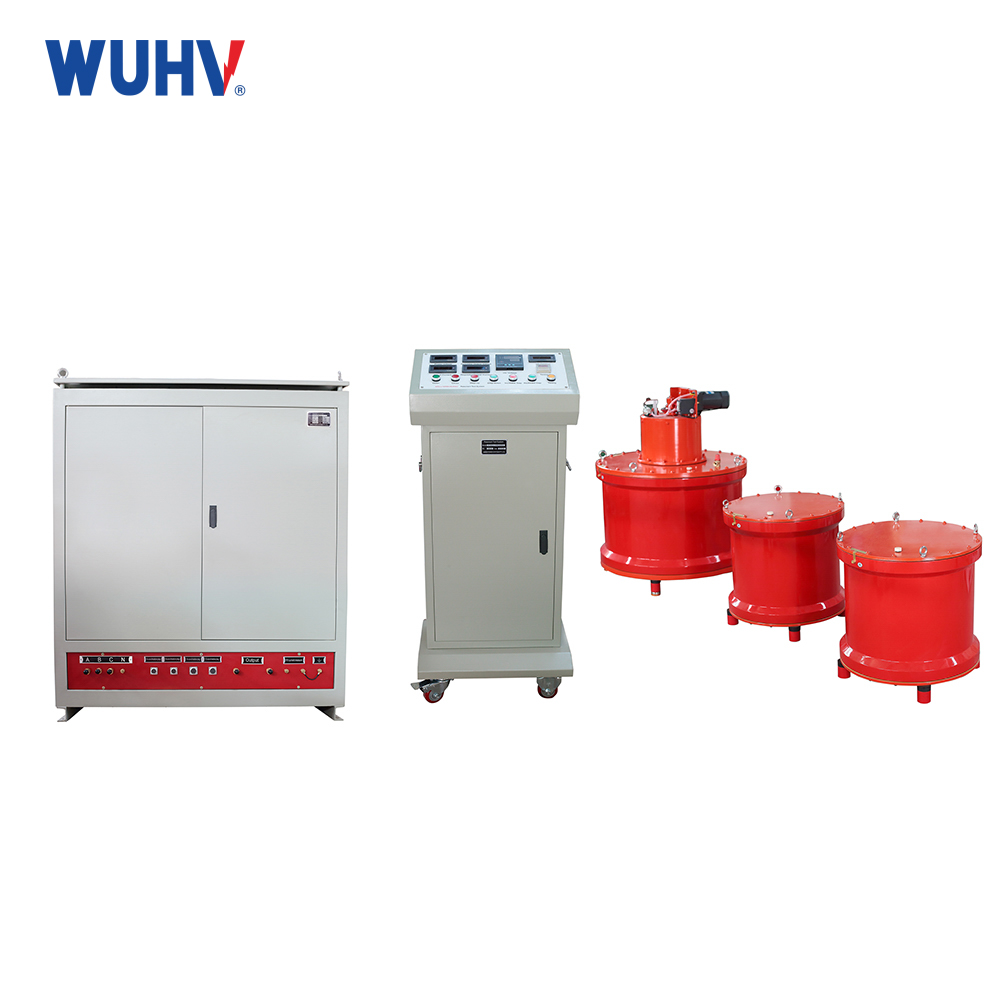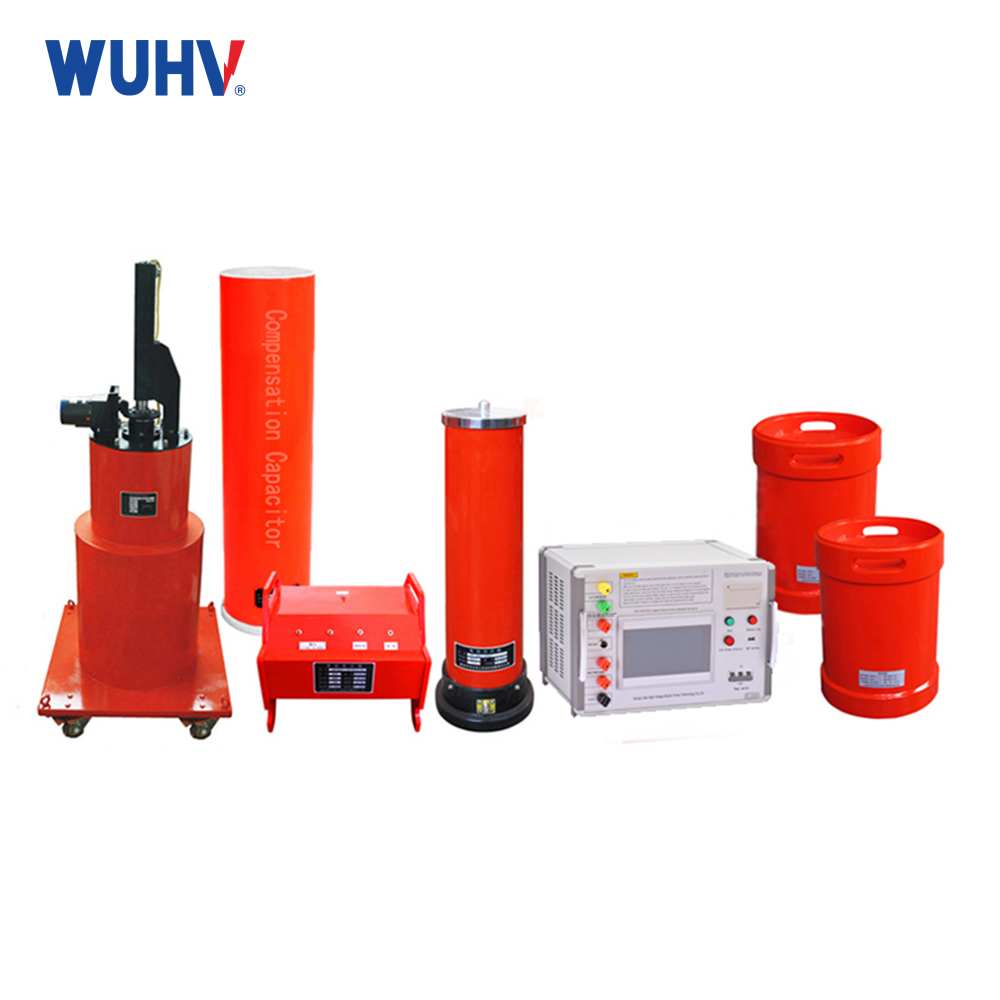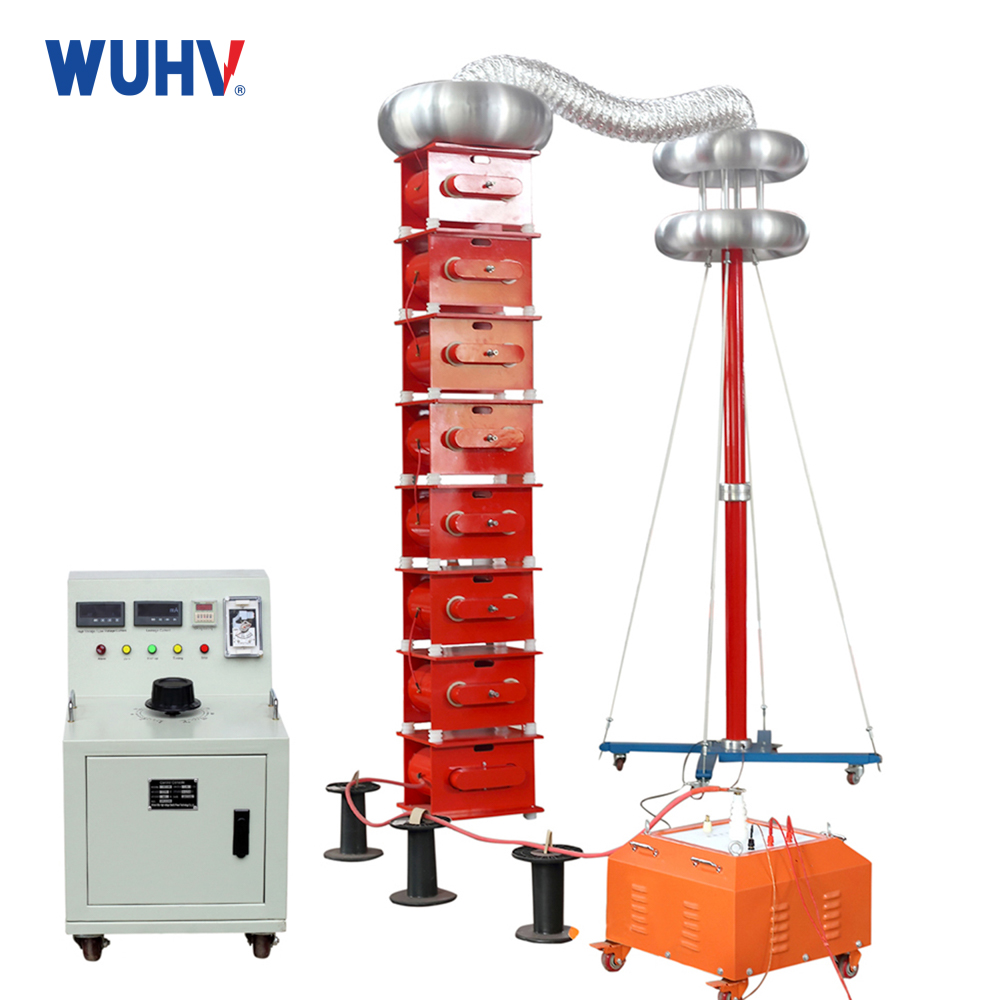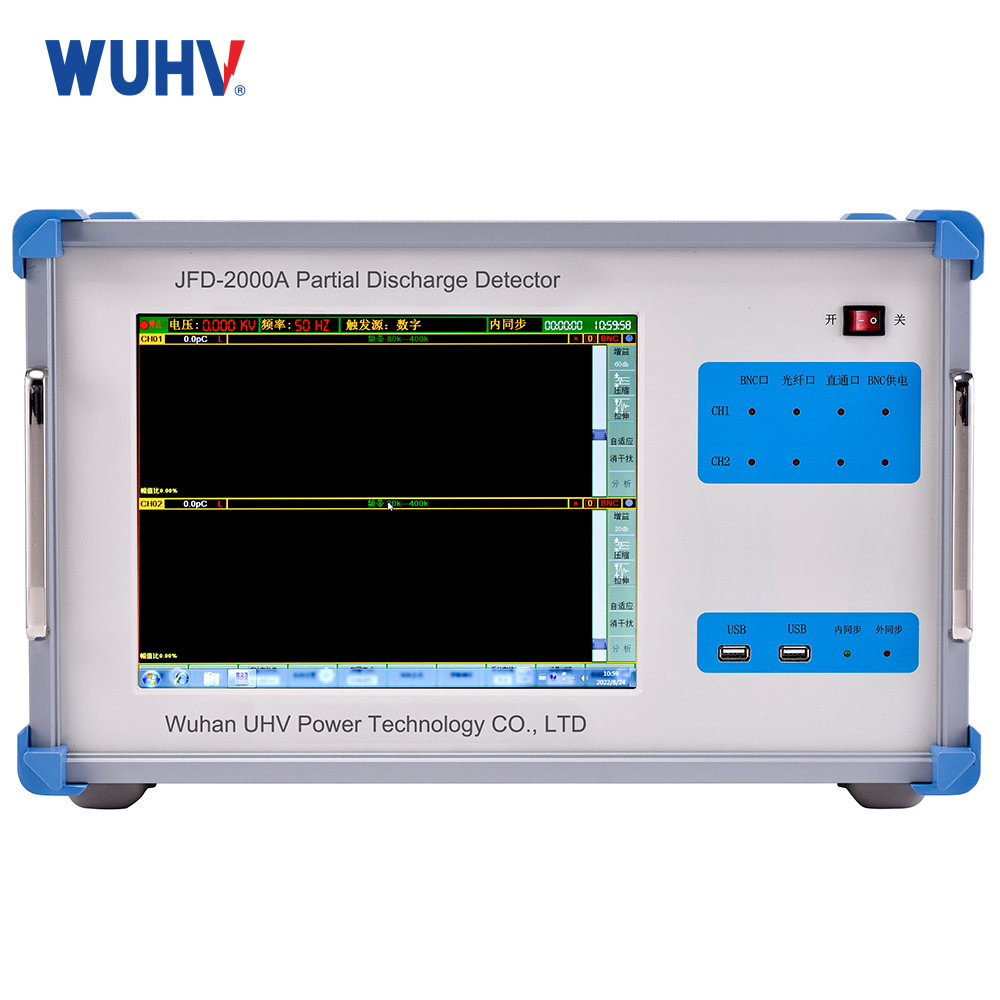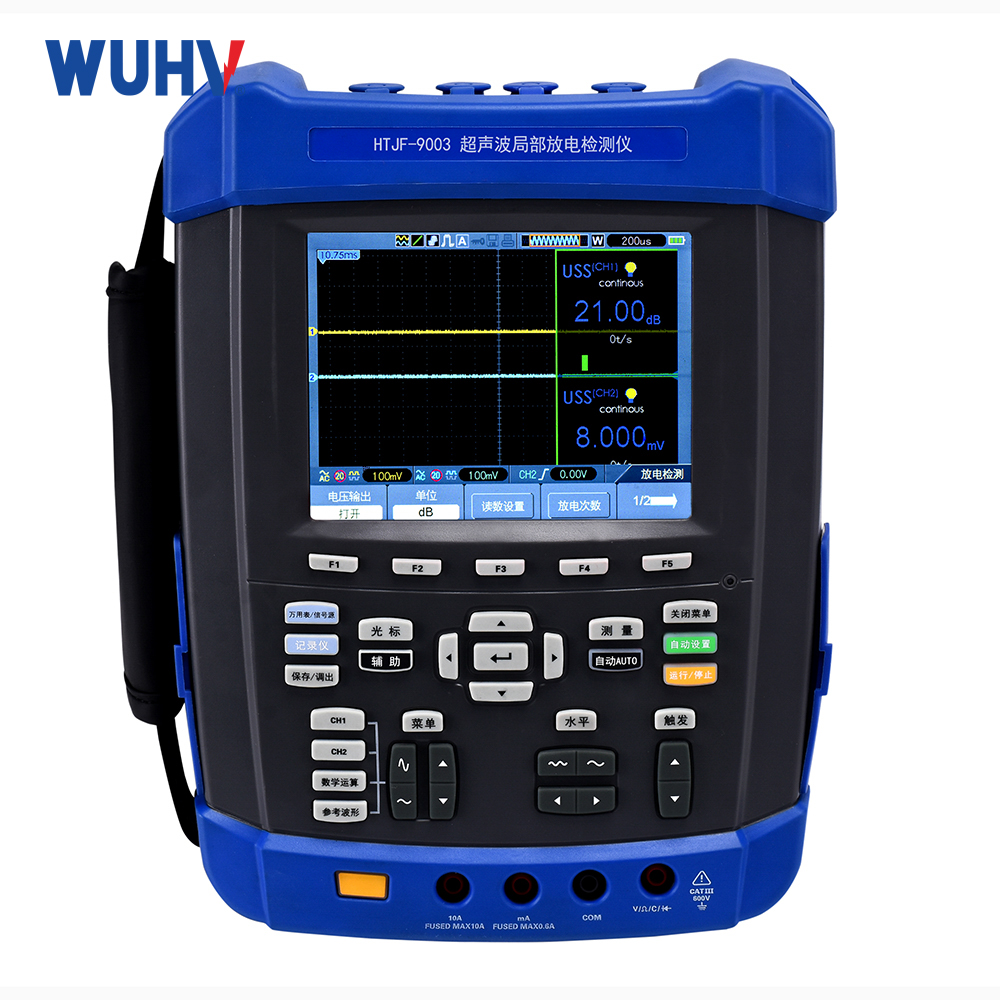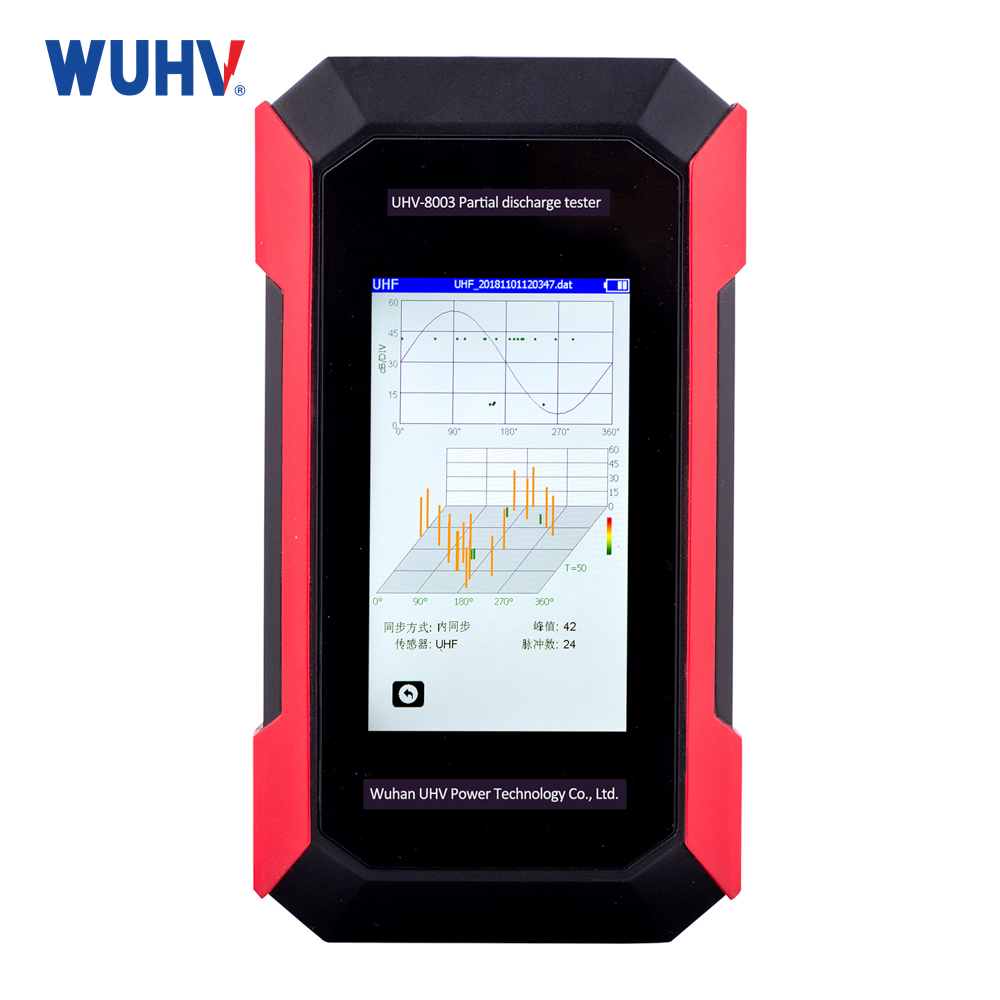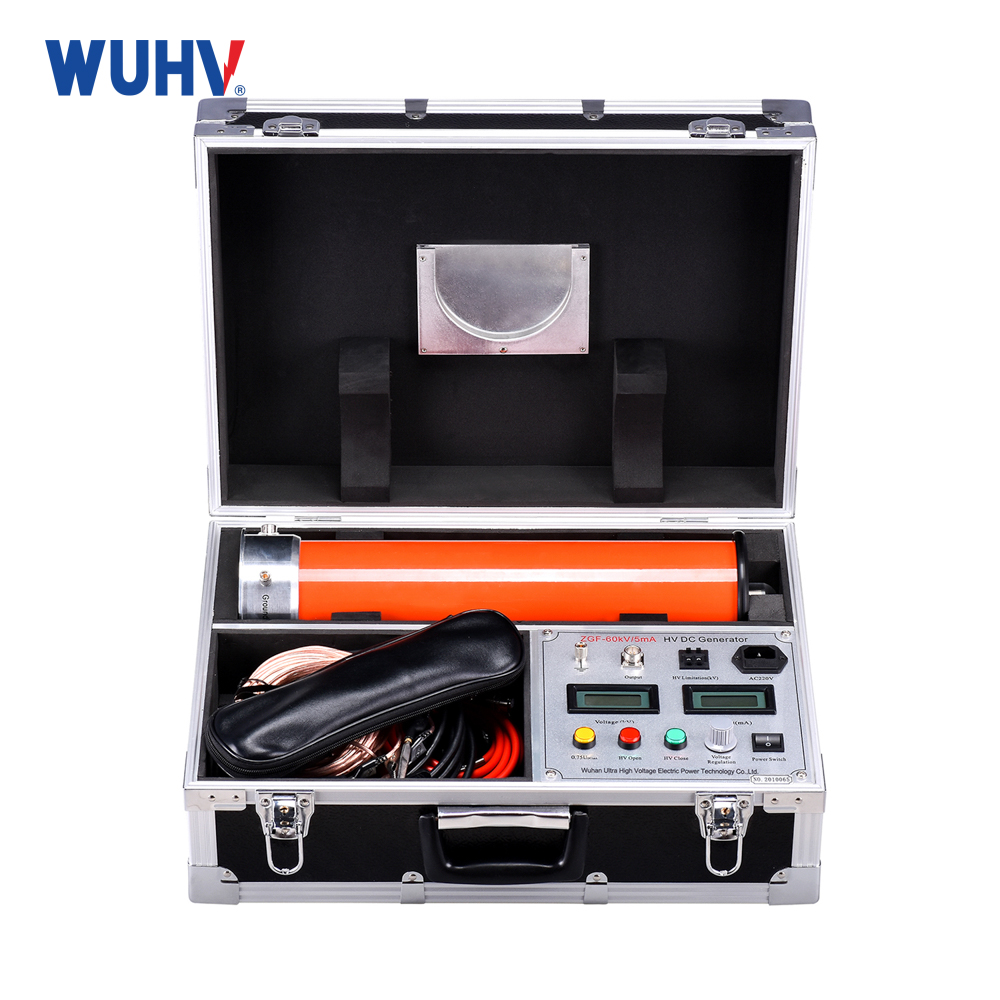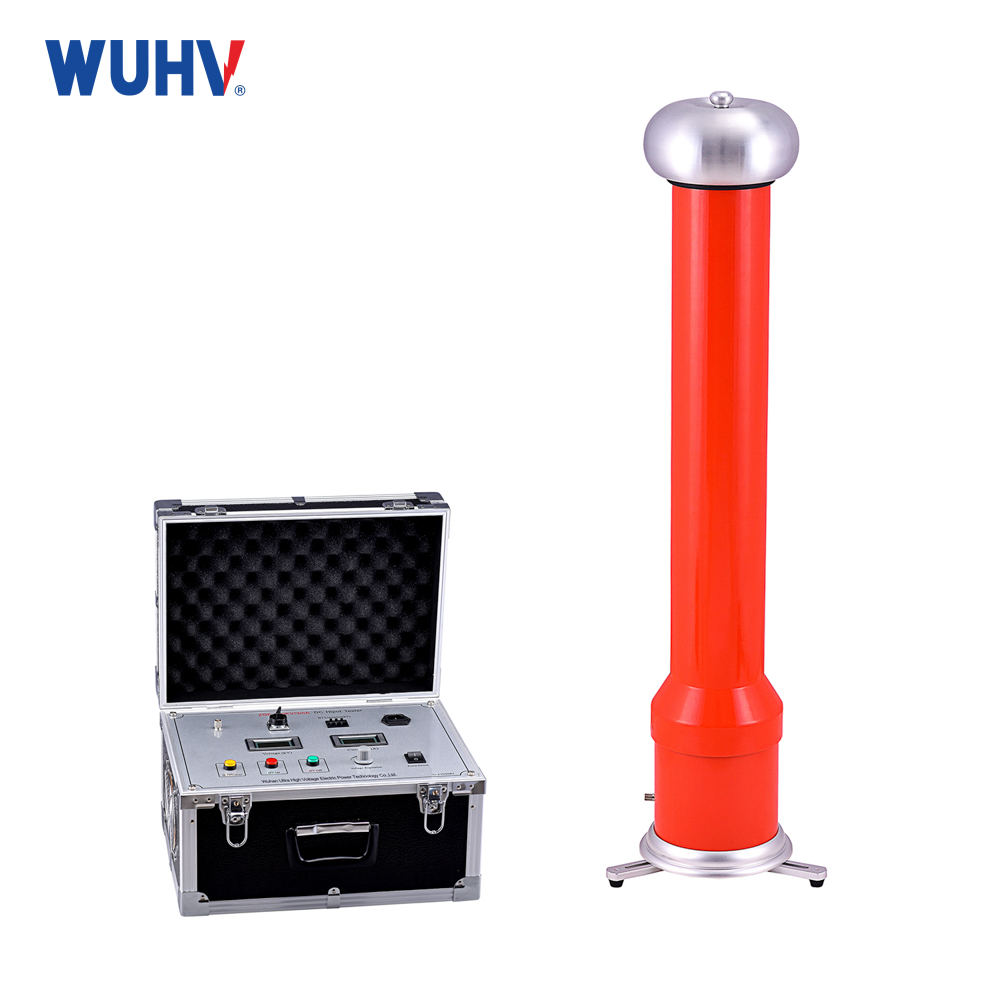The cable fault testerunder Wuhan UHV can help many power workers to conduct various power tests more conveniently.
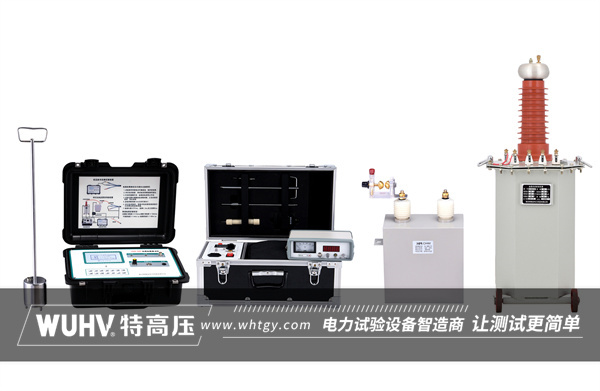
Improving the accuracy of cable fault location is the key to ensuring rapid cable repair and reducing power outage time. The following are some specific measures and methods aimed at improving the accuracy of cable fault location:
1、 Adopting advanced fault location technology
Pulse reflection method: Using the principle of high-frequency pulse signals propagating and reflecting in cables to identify faults. When a pulse signal encounters a fault point, reflection occurs. By measuring the time and speed of the reflected signal, the location of the fault point can be calculated. This method has high positioning accuracy and is suitable for various types of cable faults.
Impulse high-voltage flashover test method (impulse flashover method): suitable for most flashover faults, open circuits, low resistance, and short circuit faults. By applying a high-voltage signal, a flashover occurs at the fault point to determine its location. This method includes inductive flashover method and resistance flashover method, among which inductive flashover method is more widely used.
Step voltage method: suitable for single-phase grounding faults or two-phase, three-phase short circuits and grounding faults. By applying a DC power supply between the faulty phase and ground, and using a step voltage indicator to search for the lowest potential point on the soil surface, the fault point can be located. This method has high accuracy in grounding fault location.
2、 Using professional equipment
Cable fault tester: These devices usually have higher sensitivity and accuracy, and can more accurately locate the fault point. When selecting equipment, priority should be given to its performance parameters, applicability, and reliability.
Sound wave detector: In the sound measurement point method, using a sound wave detector to search for abnormal sounds along the cable path can accurately locate the fault point. The sound wave detector can capture the discharge sound generated by the fault point during high-voltage impact and determine the location of the fault based on it.
3、 Comprehensive application of multiple methods
Preliminary inspection and diagnosis: Firstly, observe the appearance and insulation layer of the cable through visual inspection method to preliminarily determine whether there is a fault. Then use the megohmmeter method to measure the insulation resistance value of the cable, further determining whether the insulation performance is good.
Combining multiple positioning techniques: In practical operation, multiple positioning techniques such as pulse reflection method, flash method, and step voltage method can be comprehensively applied. By mutual verification and supplementation, the accuracy and reliability of fault localization can be improved.
4、 Consider environmental factors
The impact of environmental factors on measurement: In the process of cable fault location, it is necessary to fully consider the influence of environmental factors on measurement results. For example, factors such as soil moisture and temperature may affect the measurement results of the step voltage method. Therefore, the interference of environmental factors should be minimized as much as possible during the measurement process.
Safety measures: When conducting high-voltage testing and other operations, it is necessary to strictly follow safety regulations to ensure the safety of personnel and equipment. At the same time, safety warning signs should be set up to prevent unrelated personnel from entering the testing area.
5、 Strengthen personnel training
Improve professional skills: Strengthen training for cable fault location personnel, enhance their professional skills and ability to respond to emergencies. Through regular training and assessment, ensure that they can quickly and accurately locate cable faults.
Cultivate teamwork spirit: In the process of cable fault localization, close cooperation between multiple departments and personnel is required. Therefore, it is necessary to cultivate a spirit of teamwork, strengthen communication and coordination between departments, and ensure the smooth progress of fault location work.


